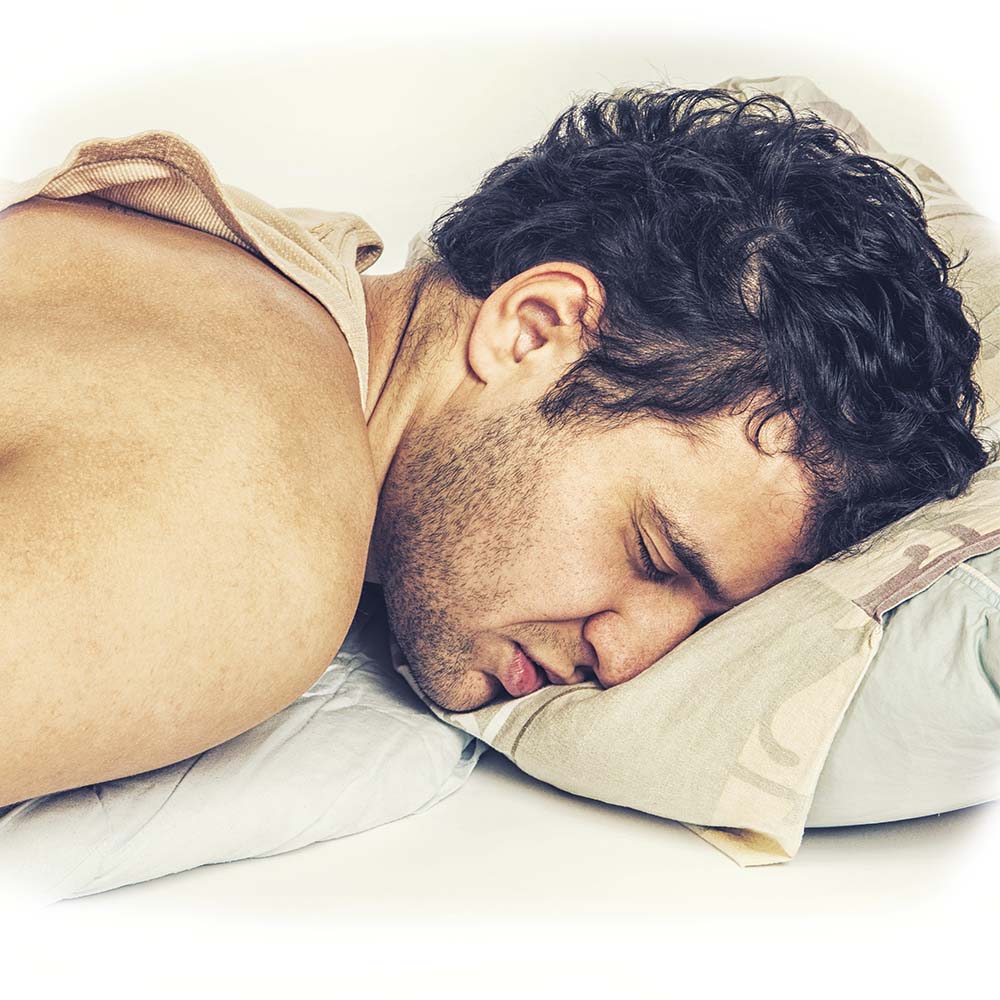Health
Alcohol, Sleep Apnea and its correlation
Alcohol, Sleep Apnea and its correlation
Alcohol can slow down the central nervous system, worsening breathing in people with both obstructive and central sleep apnea.
Alcohol consumption can contribute to sleep apnea, a condition characterized by repeated breathing interruptions during sleep.
This can lead to serious health complications if left untreated. Understanding the impact of alcohol on sleep is crucial for people with sleep apnea to make healthier lifestyle choices.
Alcohol and Obstructive Sleep Apnea have a correlation.
Between 10% to 30% of adults suffer from Obstructive Sleep Apnea (OSA). Studies indicate that alcohol consumption may be a contributing factor in the development of OSA and may also aggravate the symptoms and consequences of the condition for those who already have it.
The Link Between Alcohol and Obstructive Sleep Apnea.
Although several observational studies have linked alcohol consumption to an increased risk of Obstructive Sleep Apnea (OSA), further research is required to determine if alcohol can directly cause OSA. While heavier drinkers are reportedly 25% more likely to have OSA compared to non-drinkers or lighter drinkers, other risk factors associated with OSA make it difficult to identify alcohol as the sole cause of the condition.
Alcohol consumption and worsening of Obstructive Sleep Apnea (OSA)
Alcohol consumption can worsen Obstructive Sleep Apnea (OSA) symptoms and lead to more frequent and prolonged breathing disruptions, as studies have shown. Drinking alcohol has been associated with an increase in a person’s apnea-hypopnea index (AHI), which measures the number of breathing interruptions per hour, as well as decreased blood oxygen levels in those with OSA. There are various factors as to why alcohol can worsen OSA symptoms.
- OSA-related breathing restrictions and low oxygen levels result in a higher arousal threshold, which prompts partial awakening to restore breathing. However, alcohol consumption elevates the arousal threshold, making it harder for individuals to wake up. As a result, breathing obstructions must be more severe or longer to cause an awakening.
- Drinking alcohol can lead to the relaxation of muscles surrounding the airway, specifically in the mouth and throat. This loss of muscle tone increases the likelihood of the loose tissues obstructing the upper airway.
- Alcohol consumption can also cause changes in the blood vessels of the nose, leading to congestion and difficulty breathing through the nose. This nasal congestion can exert more pressure on the upper airway, exacerbating breathing disruptions in people with OSA.
Besides aggravating the symptoms of OSA, alcohol consumption can also exacerbate the health risks associated with the condition. For instance, individuals with OSA have a higher risk of drowsy driving. Drinking alcohol can intensify this risk by impairing cognitive function and making motor vehicle accidents more probable.
Moreover, alcohol use can contribute to lower oxygen levels, which may heighten cardiovascular complications linked to untreated OSA.
Alcohol can affect individuals with OSA differently based on various factors, including:
- Timing of alcohol consumption: Drinking alcohol in the evening or shortly before bed can increase blood alcohol levels during sleep, amplifying its impact on OSA. The effects on breathing may be more pronounced during the first half of the night when the body is still metabolizing alcohol.
- Amount of alcohol consumed: Consuming larger amounts of alcohol can worsen the negative effects of OSA. Many studies have linked two to three standard drinks with adverse outcomes.
- Age: Older individuals may be more vulnerable to the effects of alcohol. Therefore, those with OSA may exacerbate their condition if they consume alcohol before bedtime.
Can using a CPAP machine alter the effect of alcohol on Obstructive Sleep Apnea?
Although research on the topic is limited, several studies suggest that using continuous positive airway pressure (CPAP) can mitigate the effects of alcohol consumption on OSA. CPAP treatment involves the delivery of pressurized air into the airway through a mask to help keep it open during sleep.
While only a handful of small studies have investigated the impact of alcohol on OSA in individuals using a CPAP machine, the results have been positive. CPAP machines were found to prevent breathing disruptions in those with OSA who consumed alcohol, without requiring any adjustments to the pressure settings on the device. However, further research is needed to confirm these findings.
Despite this, individuals with OSA who use CPAP machines should remain mindful of other potential impacts of alcohol on their sleep.
Disclaimer: This blog post provides a general overview of medical conditions and potential treatments. It is not intended as medical advice. For personalized medical guidance, please consult your healthcare professional.


